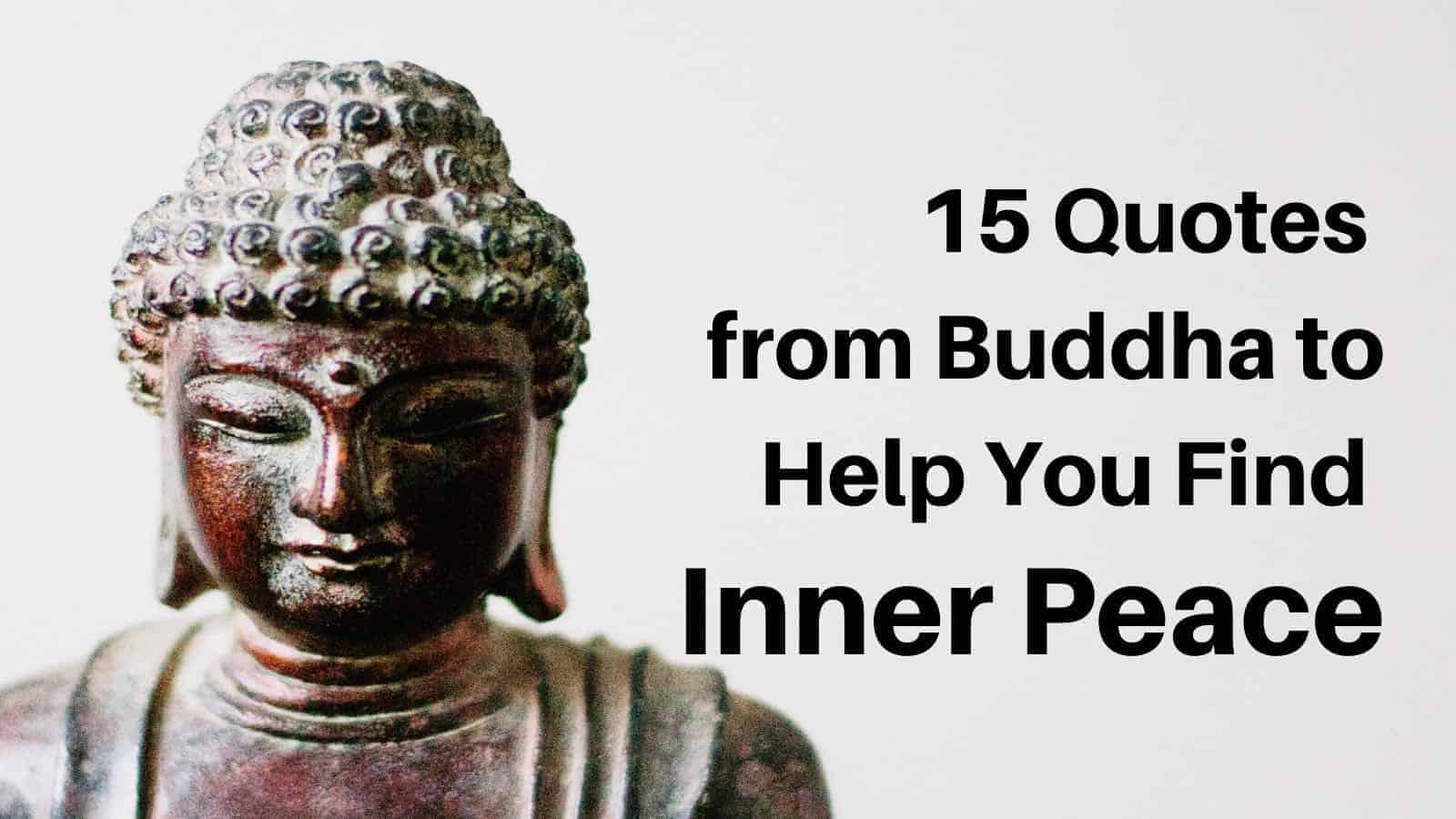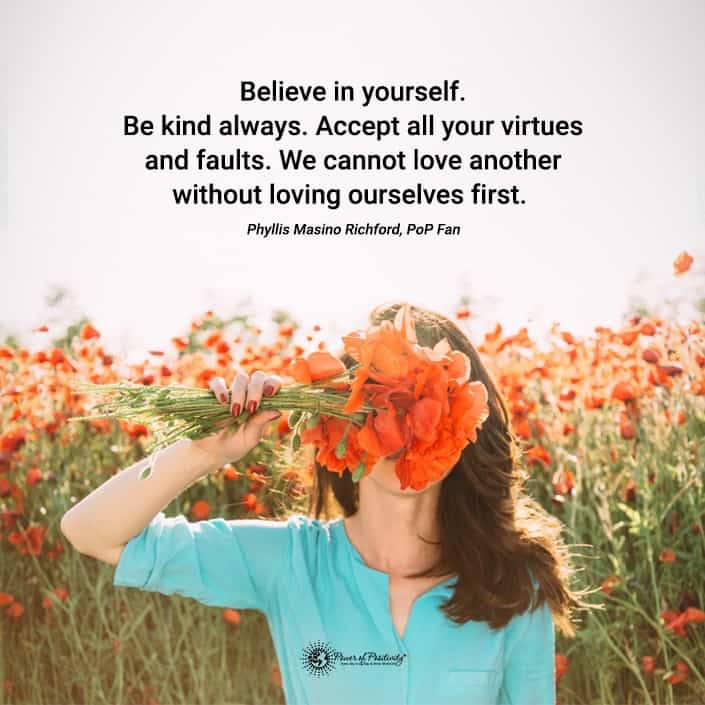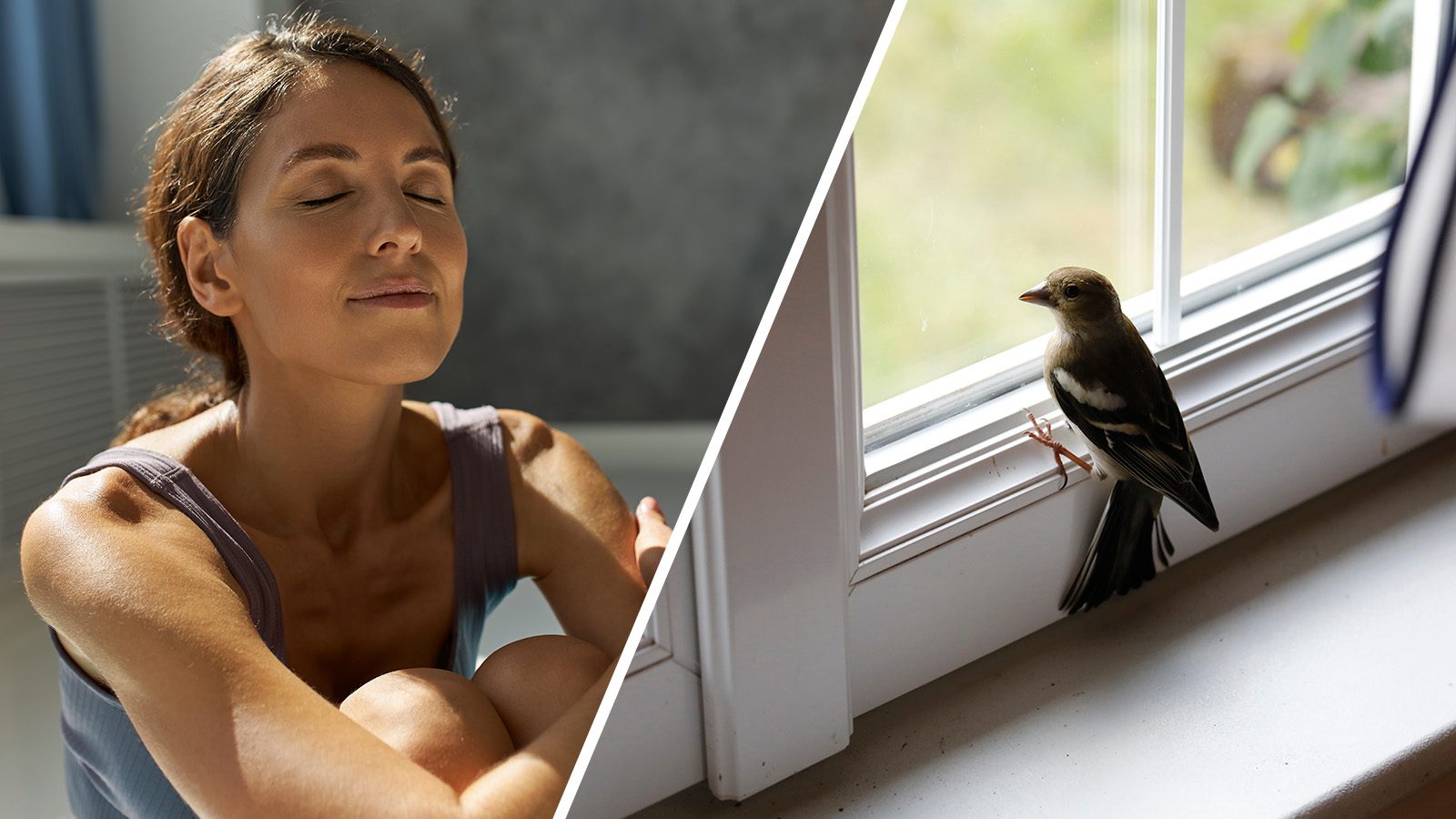Inner peace is something many people seek in life, but it’s so desired partially because it’s so elusive. The concept can seem almost far-fetched to some. How can one experience inner peace happen in a world as hectic, busy, and often troubled as ours?
Well, there are plenty of ways to cultivate this emotional state of being. Most of them are methods that will even further your personal growth at the same time! Here are four practical ways to experience inner peace.
1. Take Inventory Of Yourself
To find inner peace, you must first better understand yourself. Taking an inventory of the person you are is often a crucial step to achieving inner peace, as it gives you the chance to examine your soul and find what truly matters. Inner peace usually requires you to know yourself so that you can begin with a bit of inventory-taking. Here are some ways to do so:
· Note Your Characteristics
Take note of the basic stuff. How would you describe your personality? What do you look like? What features about you stand out? What have you done in your life so far, and how do you feel now? Defining yourself is a significant first step to taking a personal inventory.
· Write Your Weaknesses and Strengths
What are you good and bad at? Why do you appreciate your strengths? How can you positively frame your weaknesses? If you can’t do the latter, how can you improve on those weaknesses? Keeping stock of all these facets of yourself grants you concrete insight into what you should pay attention to, how you can best perform specific tasks, and what needs some work or support.
· Reframe Your Bad Traits
Everyone’s got negative traits, but that doesn’t mean you can’t reframe yours into a more positive – though still realistic – light. This isn’t to say that you should excuse negative traits such as selfishness. Instead, it’s to suggest that you can find the positive parts of each attribute and use them. For example, if you’re selfish, you may take the ability to put yourself first and use that to aid in a proper self-care schedule. And, of course, some traits aren’t bad at all! Thinking that you’re too passionate, for example, can be reframed to an appreciation for your drive and enjoyment of life. When you learn to accept and work positively with even your worst traits, you’ll find inner peace and improve as a person.
· Write Your Goals
Everyone has goals in life, and you definitely do, too. Having these aspirations can motivate you, and it’s an excellent way to broaden your horizons. Setting personal goals based on your known ability – and adjusting as needed over time – can promote better self-acceptance. Then, take regular inventory and use these goals as a method to guide your everyday actions.
2. Change Your Mindset
Your mindset is what determines everything about how you view the world. If you lack inner peace, your perspective likely plays a significant role in that. Your brain, after all, is responsible for dictating pretty much everything about your life, emotions, and processing of experiences. As such, changing how you think can help to encourage inner peace. Here are some ways to start changing your mindset in this vein:
· Slow Down
It’s easy, in the bustling world of today, to think that everything needs to happen quickly. It certainly doesn’t! Your emotions and experiences need time to grow, develop, and be. If you want to experience inner peace, you have to allow your feelings to mellow out, and you need to learn to take your time. This will calm your nervous system and help to stop you from becoming stressed out from moving quickly. Take time to appreciate everyday life and live in every moment without rushing by! This can also be referred to as mindfulness, which is a positive habit that encourages living in the moment. Mindfulness has been linked to good mental and physical wellbeing and can help you feel more at peace with life’s outcomes.
· Don’t Make Things Bigger Than They Are
Things that feel like huge problems to you can be very overwhelming. But just because something feels big, that doesn’t mean that it is. Finding inner peace means learning to see things with realistic eyes instead of making mountains out of molehills. Ask yourself if this will matter in a week, a month, a year, or even a decade. This will give you the chance to reassess the situation in a more big-picture way quickly.
· Be More Grateful
Gratitude can have enormous benefits for positive thinking and can help to facilitate inner peace. The more grateful you are, the more likely you are to notice good things in the world around you and the more likely you are to be satisfied with your life and the people around you. It’s easy to see why that would be an essential part of inner peace! Better yet, gratitude as a mindset only grows with time, becoming more accessible and easier to use and view the world through with the more that you practice it.
· Accept and Release
Many bad things happen in life, and your world won’t be only sunshine and rainbows and daisies – that’s to be expected. Inner peace can still come in these circumstances, however, as you can learn to accept the negative parts of life positively and then release the bad feelings that go with them. You shouldn’t repress negative feelings, but there is wisdom in learning to accept the bad things as they come and release your attachment to the destructive emotions they may create.
3. Spend Time In Nature
Nature isn’t just beautiful – it’s also relaxing. Studies have found links between time spent in nature and personal health and wellbeing for a long time, so it’s little surprise that the serene and grounded experience of being in nature may facilitate inner peace, too. Interacting with nature in these ways is most helpful:
- Without electronic devices, you can separate yourself from the stress of being connected to a fast-paced world constantly and instead get back to humanity’s more grounded routes.
- Physical activity, such as moderate exercise or even simple relaxing walking, can help to get you beneficial activity, provide health benefits, and balance your emotions all at once.
- On a regular, daily basis, even for a short amount of time, to make a habit out of the calming experience and so the effects are long-lasting.
- For a prolonged period, such as a nature retreat for a few days or even a week, to give your brain and body the chance to reset stress levels and encourage better inner peace.
- By decorating your home with nature so that you are surrounded by a naturally calming environment.
4. Stop Pursuing The Wrong Thing
Often, the lack of inner peace comes from a simple place – the constant act of seeking out, pursuing, and chasing the wrong things in life. If you have the wrong motivation and bad goals, it’s easy to fall into a situation of inner turmoil that disrupts your positive thinking. Here are some things you shouldn’t pursue:
· Material Things
It’s okay to like and want some material things in life, but ideally, that shouldn’t be your biggest goal. Having expensive luxury items doesn’t give you inner peace, and while there are good ways to enjoy material possessions, those objects shouldn’t be your main source of happiness in life.
· Perfection
It’s good to set challenging standards for yourself, but you’ve gone too far overboard when you begin desiring perfection. You’ll never achieve that desire because no human being is perfect. You’re setting impossible standards that will only hurt you and leave you dissatisfied and discouraged.
· Comfort
Comfort is a good thing in many cases, but forward momentum and progress in life usually require that you’re able to manage discomfort, too. Many situations in life that include improvement also include the ability to be comfortable with risks and unstable conditions. If you aren’t willing to venture into the uncomfortable unknown, you’ll ironically wind up with less inner peace as you recall the things you missed out on!
· Total Self-Reliance
It’s great to be independent, but no human being can go it alone entirely. The ability to find friends, family members, or support systems is just as important as learning to be reliant on yourself. There will be times in life where asking for help will be beneficial to you. Trying to only rely on yourself forever and in all circumstances will ultimately hurt you and keep you from inner peace as you scramble to keep up and do everything yourself.
· Impressing Others
There’s little point in living to impress other people. Others have no say in how you live your life, and their admiration or disdain barely matter at all in the grand scheme of the world or your own life. True inner peace comes from finding motivation and validation from within, and no amount of admiration from others will ever replace the beauty of self-love. Don’t waste your time obsessing over what other people think. You’ll find the most inner peace by wanting to impress yourself first and foremost.
· Happiness
Most people in life indeed want to be happy, and it’s good to like that, too. But chasing happiness rarely ever works out. The more you try to pursue it, the less likely you are to be satisfied with the results that you do receive. You see, happiness is a state of contentment, and it’s not defined by the things you have or achieve. Trying to conflate happiness with success or other symbols of positivity will not get you the happiness you seek. Working on yourself, focusing on being at peace with what you have, and developing healthy mental and physical habits will allow happiness to come to you instead – and, with it, inner peace.
Final Thoughts On Some Effective Ways To Experience Inner Peace
Inner peace is a beautiful thing to have, but it’s not something that should be painstakingly sought. Instead, it would help if you worked on making your life and mindset as positive as possible, with healthy habits and a good dose of self-love. That way, you will experience inner peace in due time.


















